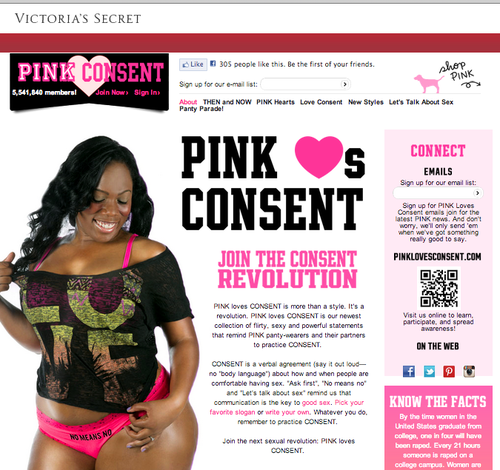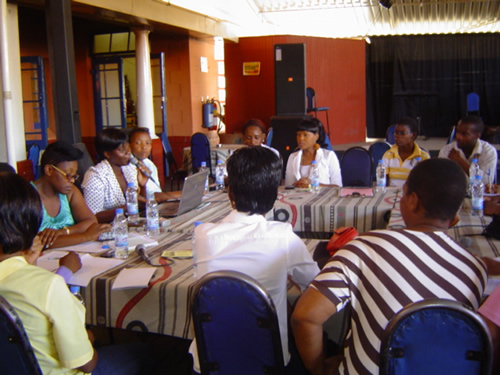Last week I attended yet another ‘constitution meeting’ – this time organized by the Women in Politics Support Unit (WIPSU) to discuss the place and voice of women in the ongoing constitutional debate. I say yet another because this is easily the fifth or sixth I have attended of such nature in the past month. The meetings always fascinate me one way or the other, but the WIPSU one took the cup for two reasons.
First, a large group of women suddenly and disrespectfully stood up and marched out of the venue right smack in the middle of one of the esteemed panelists’ opening remarks. Their marching out process was so fluid, so mechanical and in your face that there was a hush momentarily as people tried and failed to comprehend what was going on. We were soon to find out that the people who had marched out had done so in protest of failure – apparently – on the part of the organizers to officially acknowledge Beitbridge Senator, Tambudzani Mohadi. Aptly dubbed by some in the meeting as ‘Mohadi’s people’, the Zanu PF supporters made it clear that they had been extremely slighted by the botched protocol to the point of actually ditching a meeting that was critical for them to participate in not as party minions, but as women in solidarity with others.
But if you really think about it, how many ordinary people in Zimbabwe actually know the names and faces of ten public officials? Not necessarily suggesting that the WIPSU representatives probably just did not recognize Senator Mohadi, but it is a possibility. However for her to actually storm out even after the usual ‘all protocol observed’ announcement was a tad childish and an unwarranted display of self-importance. I remember back in 2005 when I was as a cub reporter attending an event where security detail at the then Sheraton Hotel failed to recognize Minister Sekai Holland and demanded that she register her name like all other mortals. Of course, Holland was offended but simply informed them that her minions would do that for her, and the message was received loud and clear. I recall that even I didn’t know what she looked like till that day.
Secondly, I found it very interesting that one of the panelists, Hon. Priscilla Misihairambwi-Mushonga chose to deliberately mislead all the women in the room into believing that the current squabbles and draft disagreements between political parties were “at least not touching or affecting women’s issues”. Really? It really got me thinking of the one previous meeting I also attended where the Copac comedians clashed in a heated discussion to a point where Hon. Paul Mangwana lied through his many teeth to an audience of over 300 people, that he did not in actual fact sign the Copac draft, but only appended his initials. Signing and initialing: big difference. Fortunately, I had had the privilege of seeing the Copac draft and could not believe that the man could lie about something so easily verifiable. But then again, I know someone who believes and maintains that Zimbabwe is a nation of super-literate people who just don’t read stuff. Perhaps that’s the thinking Mangwana tried to harp on.
Anyway, back to the constitution draft squabbles not ‘touching’ women’s issues; I think this was the biggest understatement of the day. The most fundamental issues that Zanu PF wants amended are the very ones that to a significant extent affect mainly women. Issues to do with citizenship, devolution and electoral systems among others, are ones close to women’s hearts and lives. It also does not help any to make vague references to ‘women’s issues’ without assessing how the larger context affects the realization of those same issues.
What are women’s issues anyway? Because as a woman, I believe that if Zanu PF is trying to scuttle progress by removing clauses on devolution; removing the clause on the establishment of a peace and reconciliation commission; removing provisions of an independent constitutional court; restoring a wide range of unlimited executive presidential powers including appointments of the judiciary; reintroducing a compulsory national youth service – those are the very issues that affect me and my kin directly. So, which issues was Misihairambwi referring to? I certainly do not take any comfort in being informed that at least 70 percent of ‘our issues’ as women are covered and remain untouched if they do not include positive clauses on the above. I am particularly concerned that we are being encouraged to celebrate the 70% percent victory partially with the reasoning that after all, women can always challenge or advocate the other 30% through the proposed constitutional court. Somehow, people seem to conveniently forget that the subject of an independent constitutional court is one of the issues Zanu PF wants scrapped too from the draft. Nonnegotiable.
Nonetheless with all its shortcomings, the COPAC draft is still worth voting for because it reads like a much better devil and is a significant step towards the democratization agenda. It is just unfortunate though that because of the latest ‘deadlock’, the majority of women have actually not seen or read the draft constitution. They will vote whichever way without having clarity of what the actual content of the document entails for their future.
In the Zimbabwe women’s movement I have observed three kinds of people; there are those who know what’s really going down but choose to misinform people on technical issues while trying to push own political agendas by playing on the ignorance of the populace. There are those who know squat and sit there clueless like puppets just waiting to be instructed to make either a yes or no vote just because they foolishly answer to being referred to as somebody’s people. Then there are those who genuinely know stuff, want to impart knowledge as best as they can but whose efforts are undermined and frustrated by extenuating political circumstances. I look forward to a day the women’s movement actually operates as such and not as fragmented sections caught up in politicking at the expense of people’s welfare. This is the movement’s Achilles heel.











